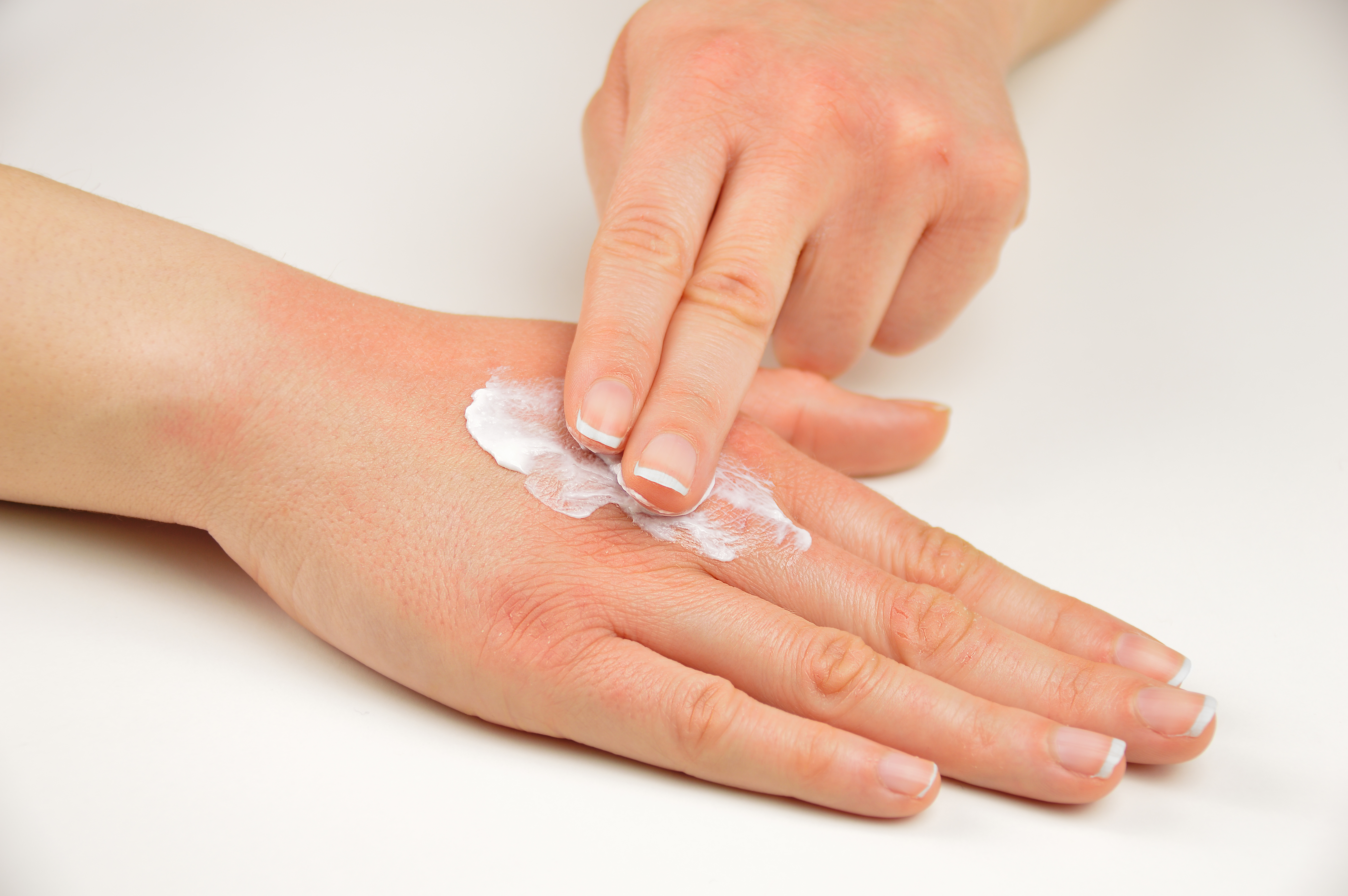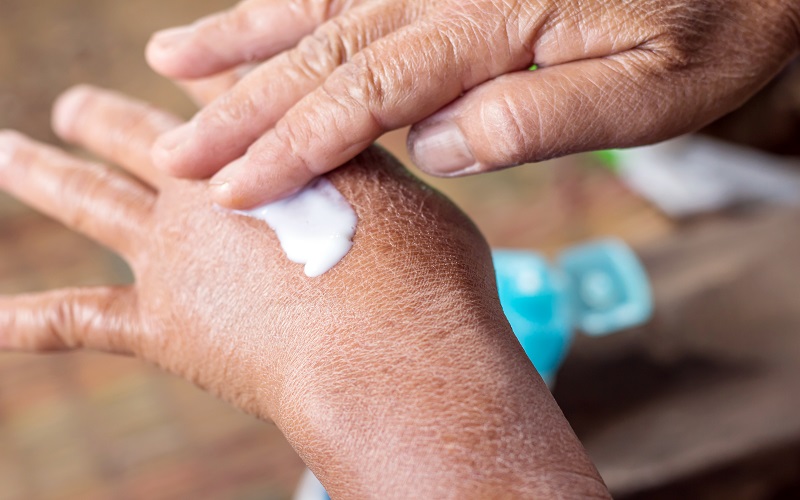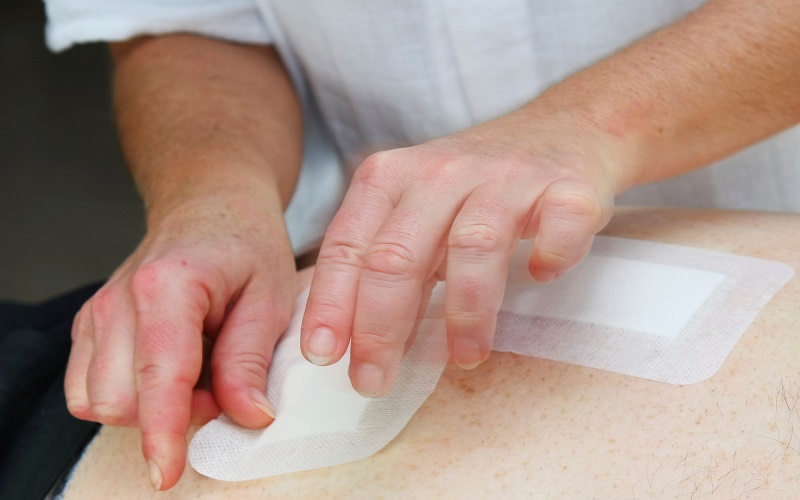
- 4 Mar, 2021
- /
- Category:
- Advanced Wound Care
- Consumer Wellness
Topical Treatment for Diabetic Skin Conditions
Diabetes’ Impact on Skin
People suffering from diabetes are impacted by its affects in many ways, including an increased risk of developing multiple kinds of skin conditions. Elevated blood sugar levels, neuropathy, poor circulation, inflammation, immune system function, and infection are some of the factors that frequently impact diabetic skin.
Diabetics are also prone to dry, cracked skin as a result of decreased circulation. They are also highly susceptible to irreversible skin ridges caused through glycation - the bonding of a sugar molecule to a protein or lipid molecule without enzymatic regulation.
When it comes to developing skin care solutions for diabetics, it is important to optimize a formulation to change the dynamic of compromised skin and mitigate the symptoms of insulin-resistant dermatological conditions. For example, the use of epidermal growth factors and peptides in topical solutions can facilitate healing and increase cell proliferation to aid in the treatment of diabetes-associated wounds.
Keeping skin moisturized and promoting oxygen availability to the skin can also help with overall skin health and longevity. Moisturizers, antioxidants, and skin repair actives that consist of ingredients such as certified organic green tea extract, blue-green algae extract, zinc, collagen, and elastin can increase topicals’ efficacy for dry, chapped, or cracked skin when used as a base in skin care regimens. Micro-filtered aphanizomeno flos-aqua (AFA) provide vitamins, minerals, amino acids, fatty acids, and protein for maximum skin nourishment.
Glycation
The effect of glycation - the bonding of a sugar molecule to a protein or lipid molecule without enzymatic regulation, which diabetics are prone to resulting in irreversible skin ridges - can be mitigated by using topicals that incorporate messenger peptides. These peptides promote cell proliferation and can be used as replacement tools for natural collagen/elastin to fool glucose to bond to the topical. Topical agents are designed by putting these peptides into smaller molecules as the delivery system to help active ingredients more efficiently and rapidly permeate the skin.
High levels of blood glucose can even damage blood vessels and cause plaque to build up over time, causing poor circulation and related conditions, such as slow healing and even peripheral artery disease (PAD) or nerve damage resulting for limited blood flow. Topical agents can be engineered using advanced ingredients that promote healing by accelerating blood flow, boosting microcirculation, promoting new blood vessel formation and addressing narrow arteries and blood vessels to promote better blood flow to limbs – and throughout the body.
Scapa Healthcare has the expertise and capabilities to address the specific treatment needs of consumers with diabetic-associated skin conditions that require unique solutions to heal quickly and correctly. We invite you to learn more about our advanced formulation capabilities. Reach out today for more information.


